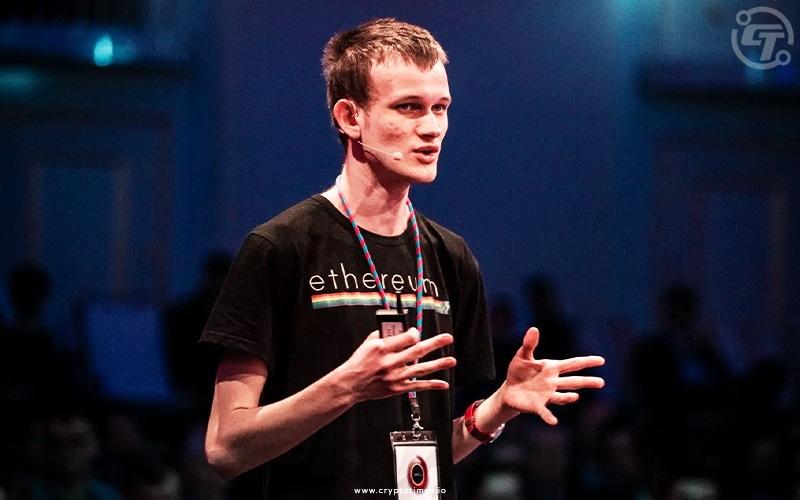The co-founder of Ethereum, Vitalik Buterin has expressed concerns about pushing Ethereum’s consensus beyond its core functions in a recent blog post.
In his article titled “Don’t overload Ethereum’s consensus,” Buterin emphasized the importance of preserving the blockchain’s minimalism and warned against using the network consensus for additional purposes.
Over the years, there have been proposals to utilize Ethereum’s social consensus for various applications such as price and data oracles, re-staking initiatives, and layer-1 soft forks to address issues with layer-2 projects.
However, Buterin cautioned that each extension of the blockchain’s core functionality makes it more vulnerable and poses high systemic risks to the ecosystem.
Specifically, he highlighted the risks associated with creating ETH/USD price oracles, where holders or validators could be bribed to vote on, potentially resulting in a contentious fork.
While acknowledging the need for improved oracles, Vitalik Buterin emphasized the importance of a case-by-case approach due to the inherent differences among various problems.
Expanding the responsibilities of Ethereum’s consensus not only increases costs and complexities but also raises the risks associated with running a validator.
Buterin cautioned against application-layer projects that risk expanding the scope of blockchain consensus beyond verifying the core Ethereum protocol rules.
Instead, he advocated for preserving the minimalism of the chain, supporting non-slippery slope re-staking approaches, and assisting developers in finding alternative strategies to enhance security goals.
These concerns come at a time when Ethereum recently transitioned from a proof-of-work to a proof-of-stake consensus mechanism, with staked Ethereum becoming available for withdrawal in the Shapella upgrade on April 12.
As a result, the largest smart contract network in the world is paying more attention to validator duties and security issues.






